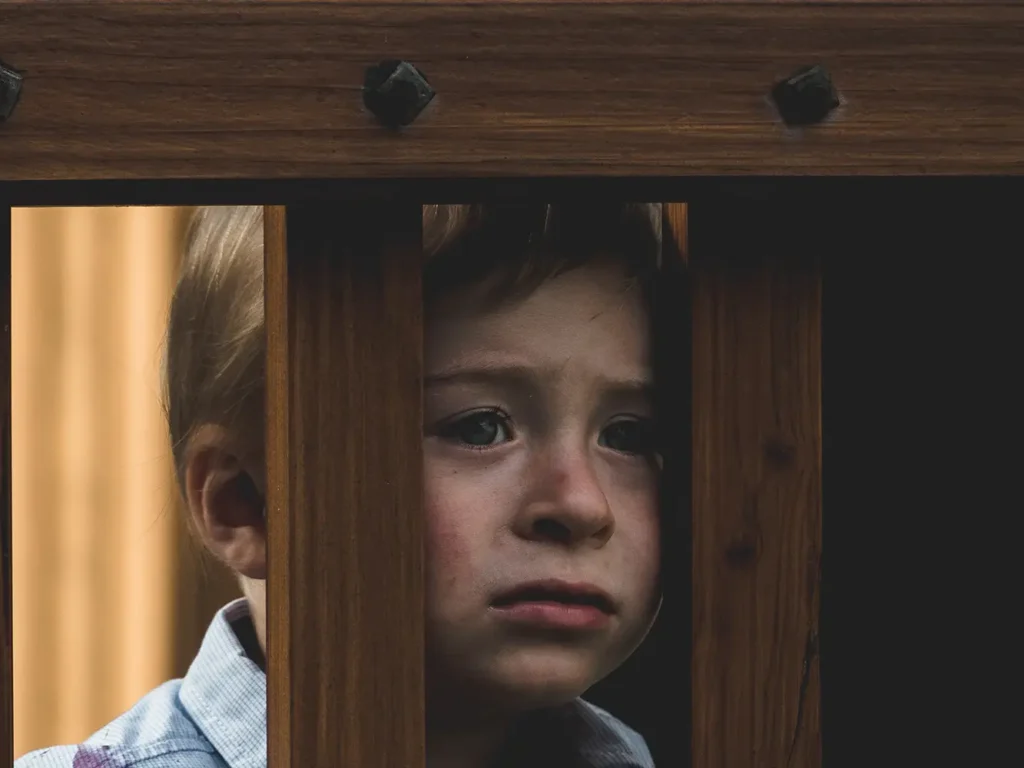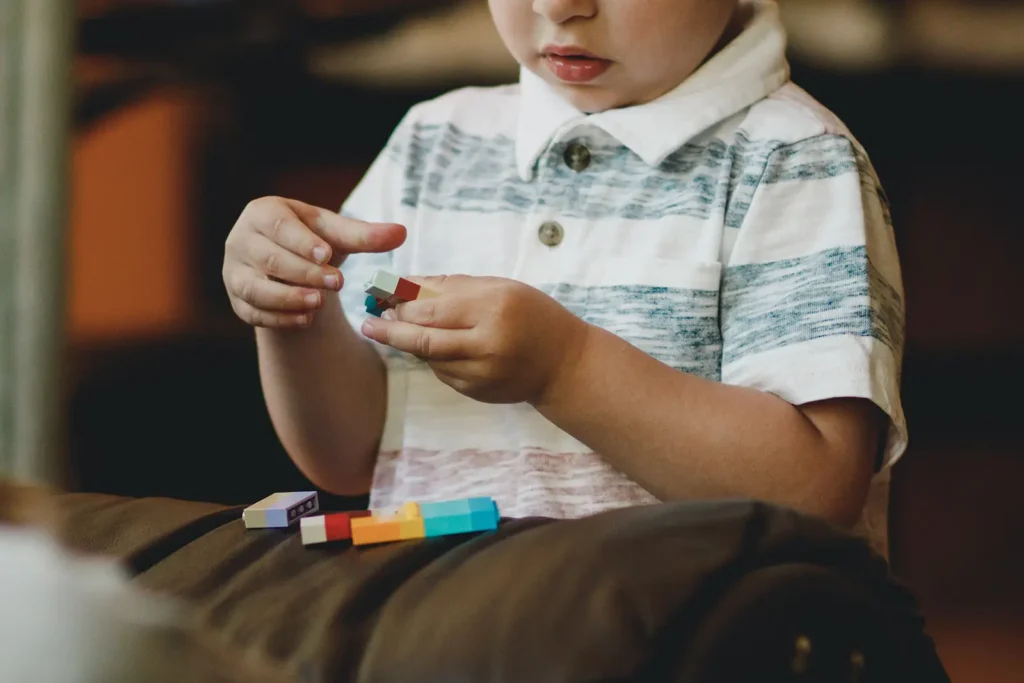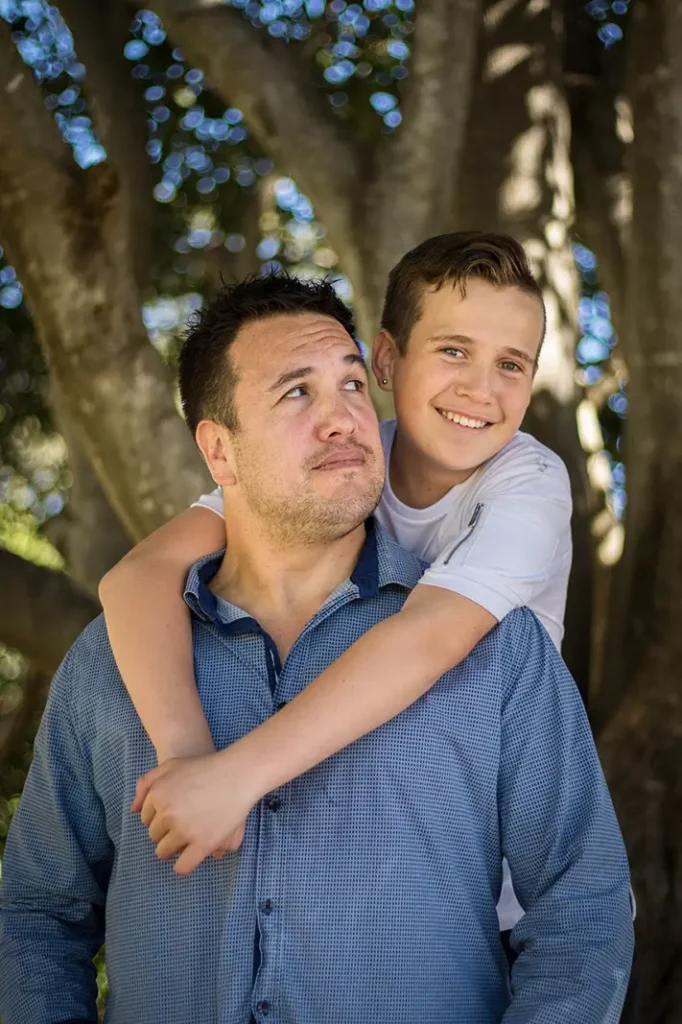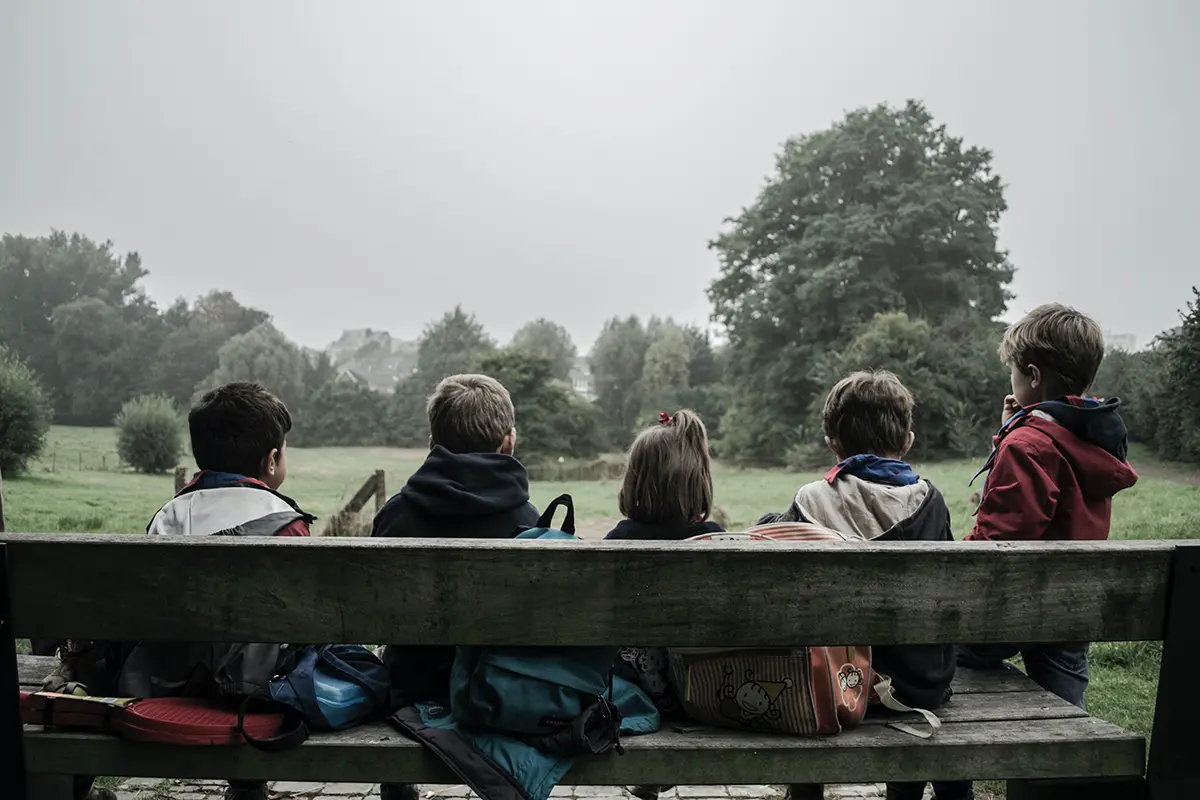
Children’s behavioral health plays a vital role in their overall wellbeing and development. As parents, caregivers, educators, and community members, it is crucial to recognize the significant impact that mental health has on children’s lives. Mental health encompasses emotional, psychological, and social aspects, and any challenges in this area can affect a child’s behavior, learning, and interactions with others.
Understanding and addressing children’s mental health early on are key factors in helping them thrive and reach their full potential. When children’s mental health needs are met, they are better equipped to cope with stress, navigate challenges, and build strong, healthy relationships. On the other hand, neglecting mental health concerns can have lasting effects on a child’s self-esteem, academic performance, and overall emotional well-being.
Common Mental Health Challenges in Children
Anxiety and Separation Anxiety
Anxiety is one of the most prevalent mental health challenges in children. Children may experience excessive worry, fear, or nervousness, often affecting their daily activities and interactions. Separation anxiety, a specific type of anxiety, can cause distress when children are separated from their parents or primary caregivers.
Attention-Deficit/Hyperactivity Disorder (ADHD)
ADHD is characterized by difficulty paying attention, impulsivity, and hyperactivity. Children with ADHD may struggle to concentrate, follow instructions, and stay organized, which can affect their academic performance and social interactions.
Autism Spectrum Disorder (ASD)
Autism Spectrum Disorder is a developmental disorder that affects communication, social interaction, and behavior. Children with ASD may face challenges in understanding social cues, expressing emotions, and forming relationships with others.
Depression and Mood Disorders
Depression can affect children of all ages, leading to feelings of sadness, hopelessness, and loss of interest in activities they once enjoyed. Mood disorders, such as bipolar disorder, may also manifest in extreme mood swings that impact a child’s emotions and behavior.

Behavioral Disorders
Behavioral disorders encompass a range of conditions, including conduct disorder and oppositional defiant disorder. Children with behavioral disorders may exhibit challenging behaviors, such as aggression, defiance, and rule-breaking, impacting their relationships and functioning in various settings.
It is essential to remember that each child is unique, and the way mental health challenges manifest can vary. Identifying and addressing these challenges early on can lead to better outcomes and provide children with the support they need to thrive. As caring adults, being attentive to children’s emotional well-being and seeking professional help when needed can make a significant difference in their overall mental health journey.
Signs and Symptoms of Children's Mental Health Issues
Understanding the signs and symptoms of children’s mental health issues is crucial for early detection and intervention. Keep in mind that children may express their emotions differently than adults, and some symptoms may vary based on their age and developmental stage. Here are some key indicators to look out for:
Emotional and Behavioral Signs
- Persistent sadness, irritability, or mood swings
- Excessive worry, fear, or anxiety beyond typical childhood fears
- Frequent outbursts or extreme temper tantrums
- Changes in sleep patterns, such as difficulty falling asleep or frequent nightmares
- Loss of interest in activities once enjoyed
- Withdrawal from family and friends or increased clinginess
Physical Symptoms
- Frequent complaints of unexplained physical ailments, such as headaches or stomach aches
- Changes in appetite or weight loss/gain
- Fatigue or lack of energy
Cognitive and Academic Challenges
- Difficulty concentrating or paying attention in school or other activities
- Decline in academic performance or lack of interest in schoolwork
- Forgetfulness or inability to complete tasks
Impact on Social Relationships and Daily Functioning
- Avoidance of social interactions or difficulty making and maintaining friendships
- Behaving aggressively toward others or engaging in bullying behaviors
- Decline in school attendance or refusal to attend school
- Challenges in adapting to routine changes or transitions
If you notice any of these signs persisting for an extended period or interfering with your child’s daily life, it’s essential to seek professional evaluation and support. Early identification and appropriate intervention can significantly improve a child’s mental health and overall well-being. Remember, as parents, caregivers, and educators, creating an open and supportive environment where children feel comfortable expressing their feelings can play a crucial role in addressing their mental health needs.
Nurturing Positive Mental Health in Children

Promoting positive mental health in children lays the foundation for their overall well-being and future success. As parents, caregivers, and educators, we can play a pivotal role in creating a nurturing environment that fosters emotional growth and resilience. Here are some essential ways to support children’s mental health:
Promoting Healthy Relationships and Attachment
- Cultivate strong and secure attachments with your child through loving and responsive interactions.
- Encourage healthy relationships with family members, peers, and other supportive adults, as positive connections positively impact a child’s emotional development.
Creating a Supportive and Nurturing Environment
- Establish a safe and comforting home environment where children feel valued and loved.
- Provide consistent routines and structure, which can enhance a child’s sense of stability and predictability.
Encouraging Emotional Expression and Communication
- Teach children to identify and express their feelings in healthy ways, helping them develop emotional intelligence.
- Be attentive to your child’s emotional cues and encourage open conversations about their thoughts and experiences.
Building Resilience and Coping Skills
- Allow children to face age-appropriate challenges, as overcoming obstacles fosters resilience.
- Teach coping skills like deep breathing, positive self-talk, and problem-solving to help children manage stress and adversity.
Encouraging Play and Creativity
- Encourage imaginative play and creative outlets, as they provide an avenue for emotional expression and stress relief.
- Participating in enjoyable activities can boost a child’s mood and enhance their sense of well-being.
Practicing Mindfulness and Relaxation Techniques
Introduce mindfulness exercises and relaxation techniques like meditation or yoga to help children manage their emotions and reduce anxiety.
Limiting Exposure to Stressful Situations
Minimize exposure to violent or distressing media content, as well as adult conversations that may be too overwhelming for children.
By incorporating these strategies into a child’s life, we can promote positive mental health, foster emotional well-being, and equip children with essential coping skills. Remember, every child is unique, and creating a supportive and understanding environment can help them thrive emotionally and socially. If you have concerns about your child’s mental health, don’t hesitate to seek guidance from mental health professionals who specialize in working with children.
The Role of Parents and Caregivers
Parents and caregivers play a fundamental role in supporting children’s mental health and emotional well-being. By being attentive, understanding, and proactive, they can positively influence a child’s development and build a strong foundation for their future. Here are some key aspects of their role:
Recognizing the Importance of Early Intervention
Early intervention is crucial for identifying and addressing mental health concerns in children promptly. Observing changes in behavior, emotions, or academic performance can help parents catch potential issues early on.
Seeking Professional Help and Resources
If parents notice persistent or concerning signs of mental health challenges, seeking help from mental health professionals is essential. Mental health experts can provide guidance, evaluation, and personalized support for children and their families.
Supporting Children Through Difficult Transitions
Life transitions, such as moving, changing schools, or family dynamics, can impact children’s emotional well-being.Providing understanding and support during these times can help children navigate and adjust to the changes.
Being a Positive Role Model
Modeling healthy coping strategies and emotional regulation can teach children valuable skills for managing their feelings.Demonstrating resilience and problem-solving in your own life can be influential for children.

Creating a Safe Space for Communication
Encourage open communication with children, allowing them to share their feelings and concerns without judgment. Being an active listener and validating their emotions can help children feel understood and supported.
Fostering a Supportive and Nurturing Environment
Creating a loving, supportive home environment can boost a child’s sense of security and self-esteem.Providing consistent routines and clear expectations helps children feel safe and confident.
Utilizing Available Resources
Utilize community resources, support groups, or educational materials to gain insights and strategies for supporting children’s mental health.
Parents and caregivers serve as the primary advocates for their children’s well-being. By being attentive, compassionate, and proactive, they can promote positive mental health and emotional development in their children. Remember that seeking professional help when needed is a sign of strength and dedication to your child’s happiness and growth. Working together with mental health professionals can offer children the best chance for a thriving and fulfilling future.
School and Community Support for Children's Mental Health
Recognizing the significance of a holistic approach to children’s mental health, schools and communities play a vital role in creating a supportive environment. Here are some key aspects of school and community support:
As parents, one of the most critical steps in supporting your child’s mental health is establishing a strong partnership with their teacher and school counselor. Here are some valuable ways to collaborate:
Open and Honest Communication
Initiate open and honest communication with your child’s teacher and counselor about any concerns or changes in your child’s behavior or emotional well-being.Sharing relevant information can help them better understand your child’s needs and provide appropriate support.
Share Your Insights
Provide insights into your child’s interests, strengths, and challenges. Understanding your child’s personality and preferences can aid in tailoring the learning environment to their needs.
Advocate for Mental Health Initiatives
Support and advocate for mental health initiatives and programs within the school that promote emotional well-being and provide resources for students.
Seek Guidance from the School Counselor
Reach out to the school counselor for guidance and resources on supporting your child’s mental health. They can provide valuable insights and strategies to address specific challenges your child may be facing.
Attend Parent-Teacher Conferences
Attend parent-teacher conferences to discuss your child’s academic progress, social interactions, and emotional development. This gives you an opportunity to raise any mental health concerns and work together on a plan for support.
Stay Updated on School Activities
Keep yourself informed about school activities, events, and programs that promote social and emotional development. Encourage your child to participate in extracurricular activities that align with their interests.
Collaborate on Behavioral Strategies
Work together with the teacher and counselor to implement consistent behavioral strategies at home and in school. A united approach helps reinforce positive behaviors and supports your child’s emotional growth.
Encourage Emotional Expression
Encourage your child to express their emotions openly and discuss any concerns or fears they may have with you, their teacher, or the counselor. Creating a safe space for emotional expression can foster better communication and support.
By working hand-in-hand with your child’s teacher and school counselor, you can create a collaborative network focused on your child’s mental well-being. Sharing information, staying involved in school activities, and advocating for mental health initiatives can help create a nurturing environment that supports your child’s emotional growth and academic success. Remember that your involvement as a parent plays a crucial role in fostering a positive and supportive educational journey for your child.
Addressing Specific Challenges and Life Transitions
Navigating Grief and Loss

Grief and loss can profoundly impact children’s mental health, and it’s crucial for parents and caregivers to provide a supportive environment during these difficult times. Encourage open conversations about emotions and feelings surrounding loss, and be attentive to any behavioral changes in your child. Seeking professional counseling or therapy can also help children process their emotions and find healthy ways to cope with their grief.
Supporting Children with Learning and Developmental Differences
Children with learning or developmental differences may face unique challenges in their daily lives. As parents, it’s essential to advocate for their needs in educational settings and seek resources that can support their growth and development. Embrace their individual strengths and encourage a positive self-image to boost their confidence and resilience.
Understanding the Impact of Trauma
Children exposed to traumatic experiences may exhibit behavioral, emotional, and psychological difficulties. It’s crucial to recognize the signs of trauma and its potential long-term effects. Create a safe and nurturing environment where your child feels comfortable discussing their feelings or seeking help if needed. Professional intervention, such as trauma-focused therapy, can be instrumental in helping children process and heal from traumatic experiences. Remember, early intervention is vital for minimizing the impact of trauma on a child’s mental health.
Take Charge of Your Child’s Mental Health
Prioritizing children’s behavior health is a fundamental aspect of their overall well-being and development. As parents and caregivers, it is our responsibility to be vigilant about their emotional needs, offer support, and create a nurturing environment that fosters positive mental health.
By recognizing common mental health challenges, promoting healthy emotional expression, seeking professional help when needed, and collaborating with schools and communities, we can empower our children to navigate life’s ups and downs with resilience and confidence.
Remember, your child’s pediatrician is an essential ally in addressing mental health concerns. Don’t hesitate to discuss any worries or questions you may have about your child’s emotional well-being. They can provide valuable guidance and support and, if necessary, offer referrals to child psychologists or mental health specialists who are well-equipped to help.










